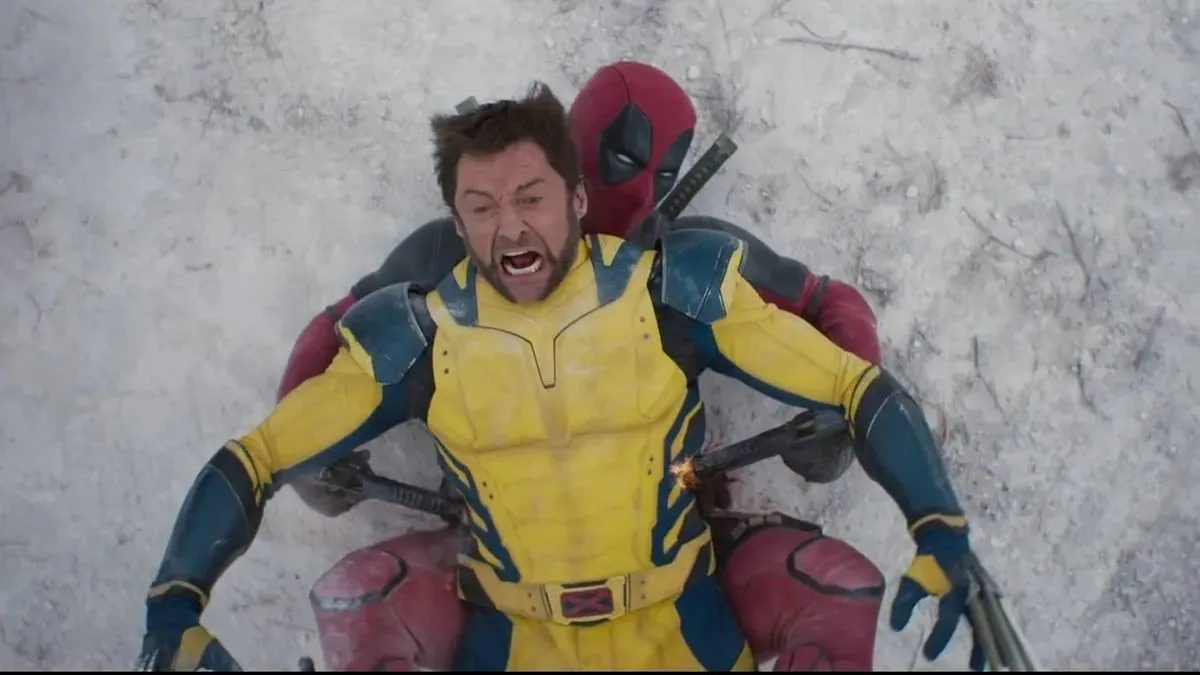Content note: this post contains references to ableist language against people with mental illness.
Last week, at San Diego Comic-Con, I was determined to be the biggest nerd at a giant nerd convention, so I attended a panel called “Who’s the Most Neurotic Superhero Now?,” which consisted of psychologists and writers analyzing superheroes. Why try to see your favorite movie stars in person when you could find out where Batman falls in the DSM-5? Despite the asinine title of the panel, I was hoping the panelists would get into the nitty-gritty of trauma and mental illness in the superhero world. I should have known better.
Understanding why fictional characters do the things they do helps us relate to them, especially when those of us with old traumas, mental illness, or disabilities recognize ourselves in those characters. Take Wanda Maximoff, for example. Throughout Phases 1-4 of the MCU, Wanda loses everyone in her life: her parents, her brother, her lover, her (admittedly imaginary) children. That kind of trauma has two parts to it: the pain over the horrible stuff that’s already happened, and the fear that it’ll happen again. When you experience trauma, your brain gets rewired to expect more trauma.
Think about the moment in Doctor Strange in the Multiverse of Madness, when Wanda says she wants America’s powers in case Billy and Tommy ever get sick. You could read that line as a villain’s rationalization for hoarding power, but it actually made perfect sense to me. Her kids dying of an incurable illness might seem like a long shot to other people, but Wanda’s been trained to see death as a constant, pressing threat. Take that trauma, compounded by the effects of the Darkhold and the fact that apparently no other Avenger ever checked in on her ever, and you have a “supervillain” whose actions are relatable and understandable, even when they’re morally repugnant.
So that was what I was hoping for out of this panel. But it’s not what we got.
The panel kicked off by defining psychosis and psychopathy, two traits commonly attributed to supervillains. I was expecting a nuanced and clinical discussion, since these are real conditions that real people deal with. Instead, one of the panelists said that psychosis is “when you’re seeing pink elephants … or when you think you’re a pink elephant!”
He paused for laughter (at least, I think that’s why he paused), but no one laughed.
Then the moderator asked him to define psychopathy. He summed it up in one word: “Evil.”
This guy has a PhD. He teaches psychology to people who are then going to go out and treat people with mental illness! If I ever experience psychosis, I don’t want my doctor laughing behind my back and joking that I think I’m a pink elephant.
Compare that dehumanizing language to accounts of psychosis by people who have actually exprienced it, like writer Esmé Weijun Wang. In her essay “Perdition Days,” Wang describes suffering from a form of psychosis called Cotard’s syndrome:
I spent much of my time in catatonic psychosis, a form of agitation characterized by overactive movement or no movement at all, and I lay in my bed feeling psychic agony more excruciating than any personal experience of physical pain.
But sure, pink elephants. Ha ha ha.
Also consider the physiological causes of psychopathy, like a lack of grey matter in the limbic system or an underdeveloped amygdala. It’s really hard to write someone off as evil, no matter what they’ve done, when you realize that they’re just working with the equipment they’ve been given.
Why is it important not to be ableist when you’re talking about fictional characters? Look, I know the characters themselves don’t care, because they’re not real. But when you dehumanize characters with mental illness, real people with mental illness can hear you. If you see fictional people with mental illness as jokes, then what conclusions should we draw about how you see their real-life counterparts?
Plus, reducing characters to one-dimensional stereotypes isn’t just hurtful and harmful. It’s lazy and boring, too. No one learned anything new or interesting about our favorite characters at that SDCC panel. All we learned is that many of the people entrusted with our care don’t seem to see us as human.
Of course, that’s nothing new, either.
(image: Marvel)










Published: Jul 27, 2022 04:30 pm